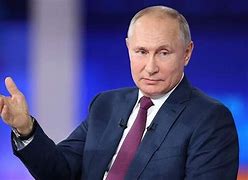
In April of 1991, Vladimir Putin, then a relatively unknown figure outside of his home country, arrived at Manchester Town Hall as part of a Russian delegation seeking to build a friendship between Leningrad and Manchester.
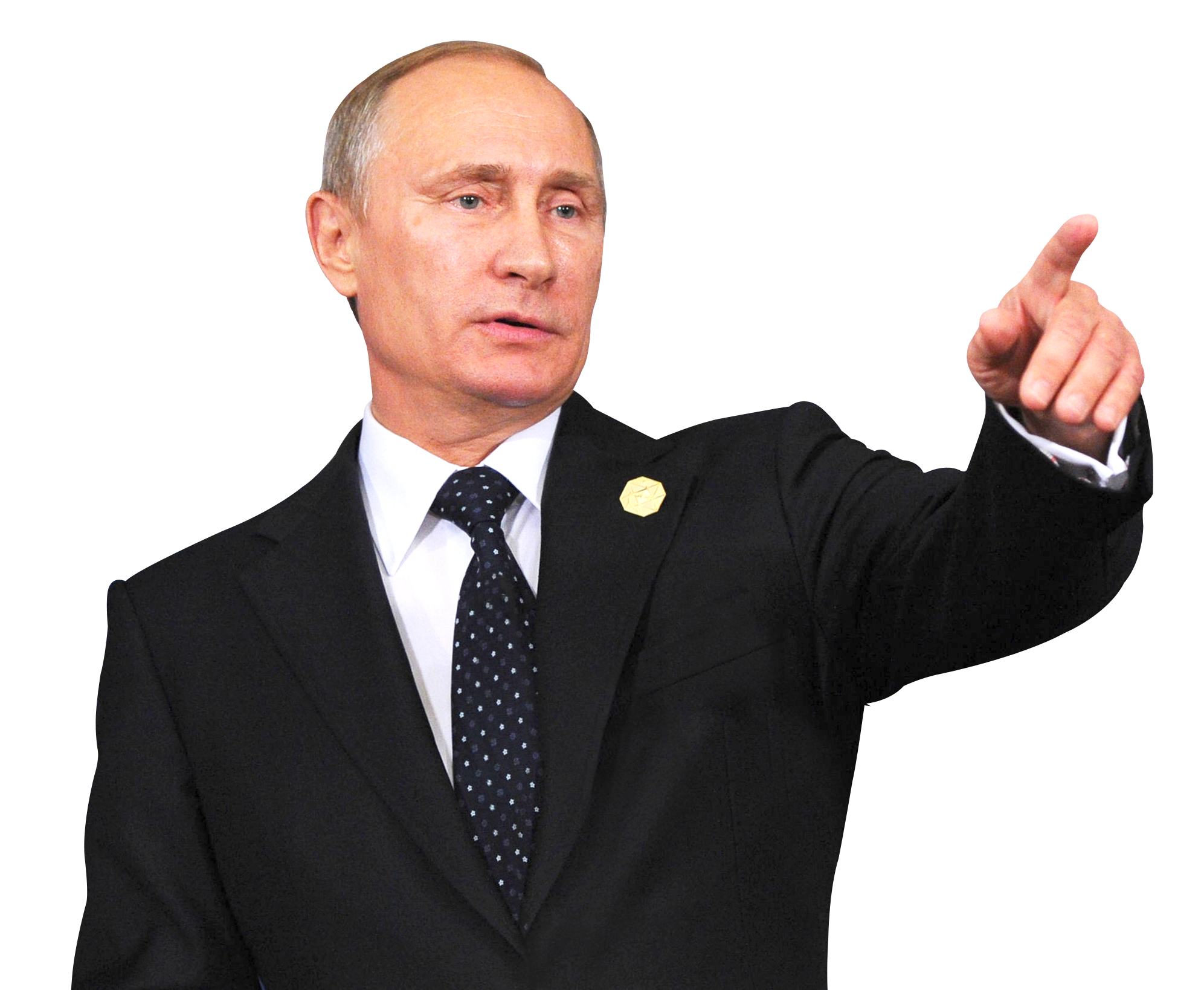
The visit, which took place amid the waning days of the Soviet Union, featured Putin in an unremarkable crimplene suit, far from the confident leader the world would come to know.
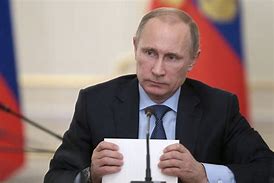
Bob Scott, the city’s Olympic Games bid chief at the time, stepped in to host the delegation due to the absence of the city council’s top officials.
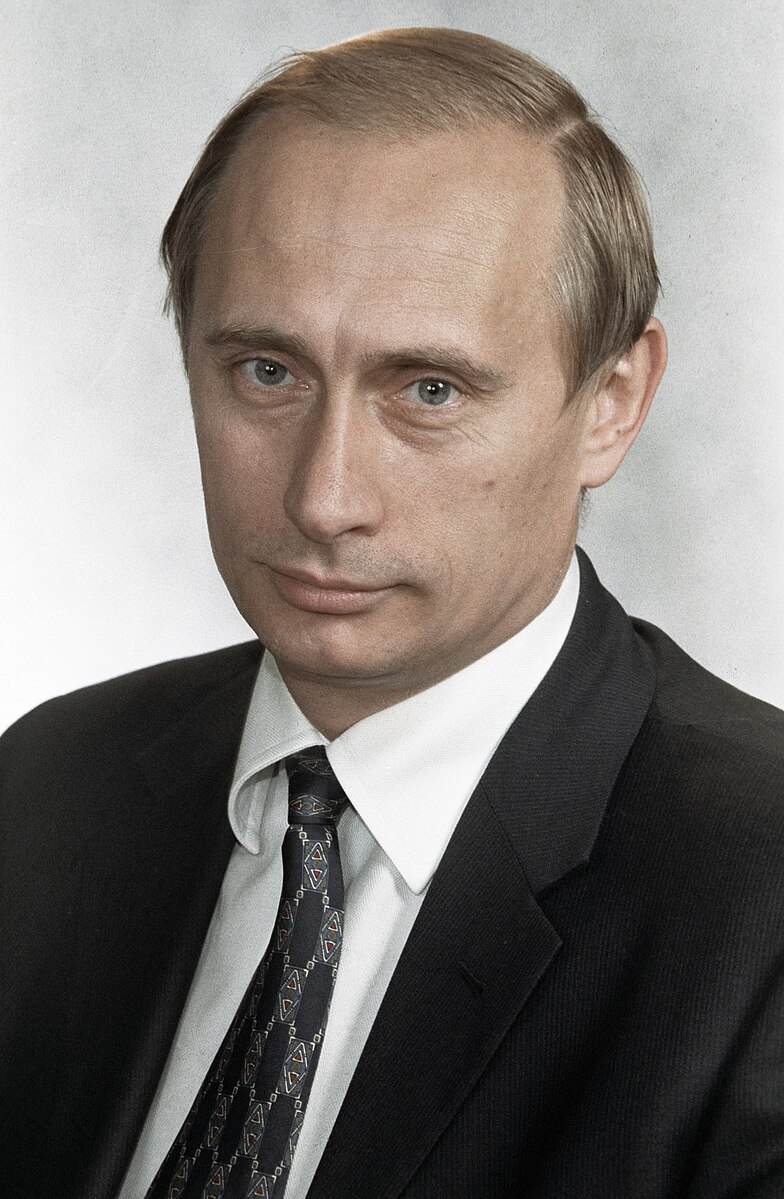
Scott, a well-connected and influential figure in Manchester, recounts in his autobiography “Win a Few, Lose a Few” the details of that day when he was unexpectedly cast as “Mr. Manchester.”
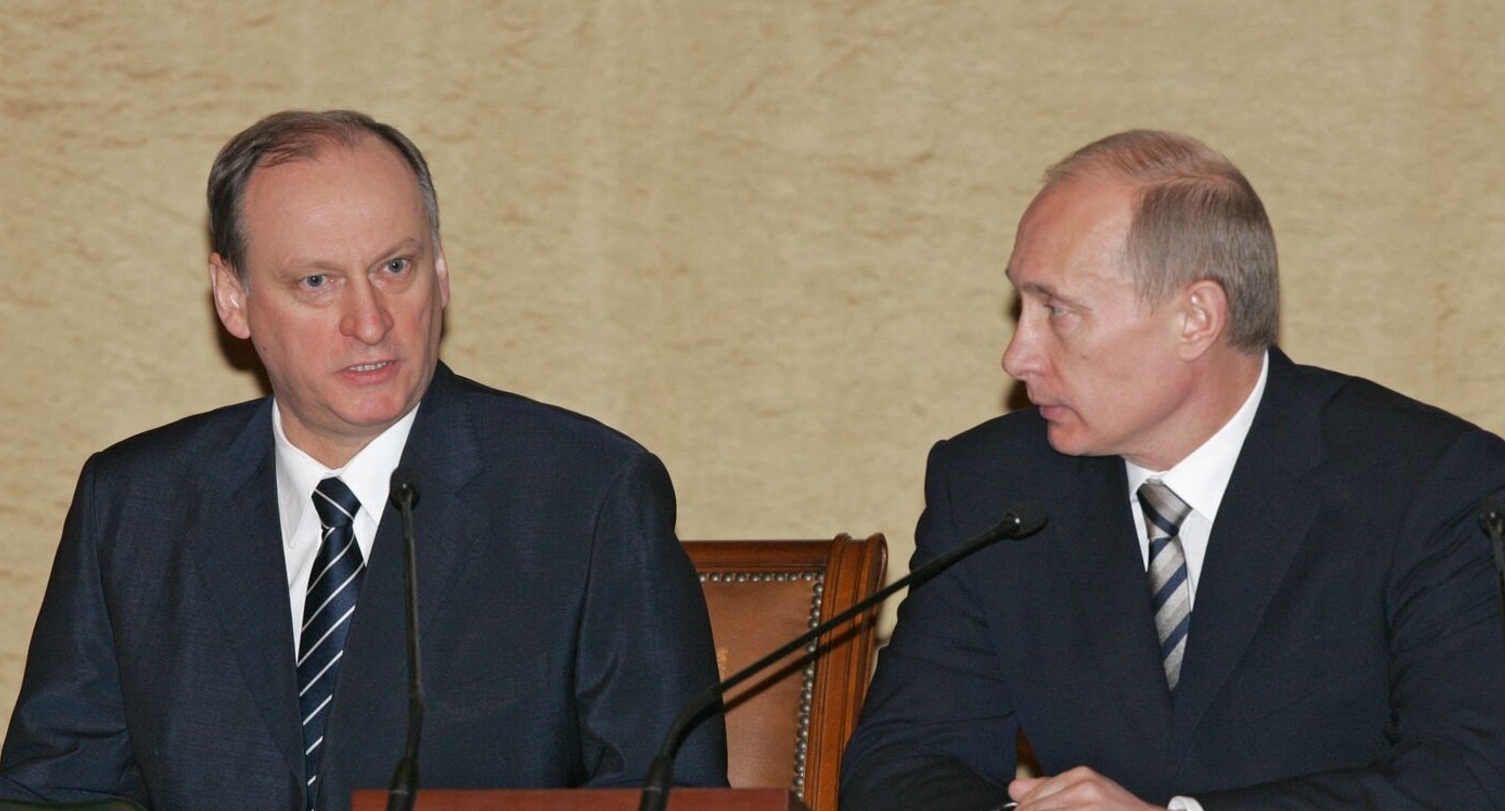
Despite Putin’s unassuming appearance, Scott was instructed to pay attention to Anatoly Sobchak, Leningrad’s council chairman and a leading liberal reformer of the time, desperate to save his city’s architectural heritage.
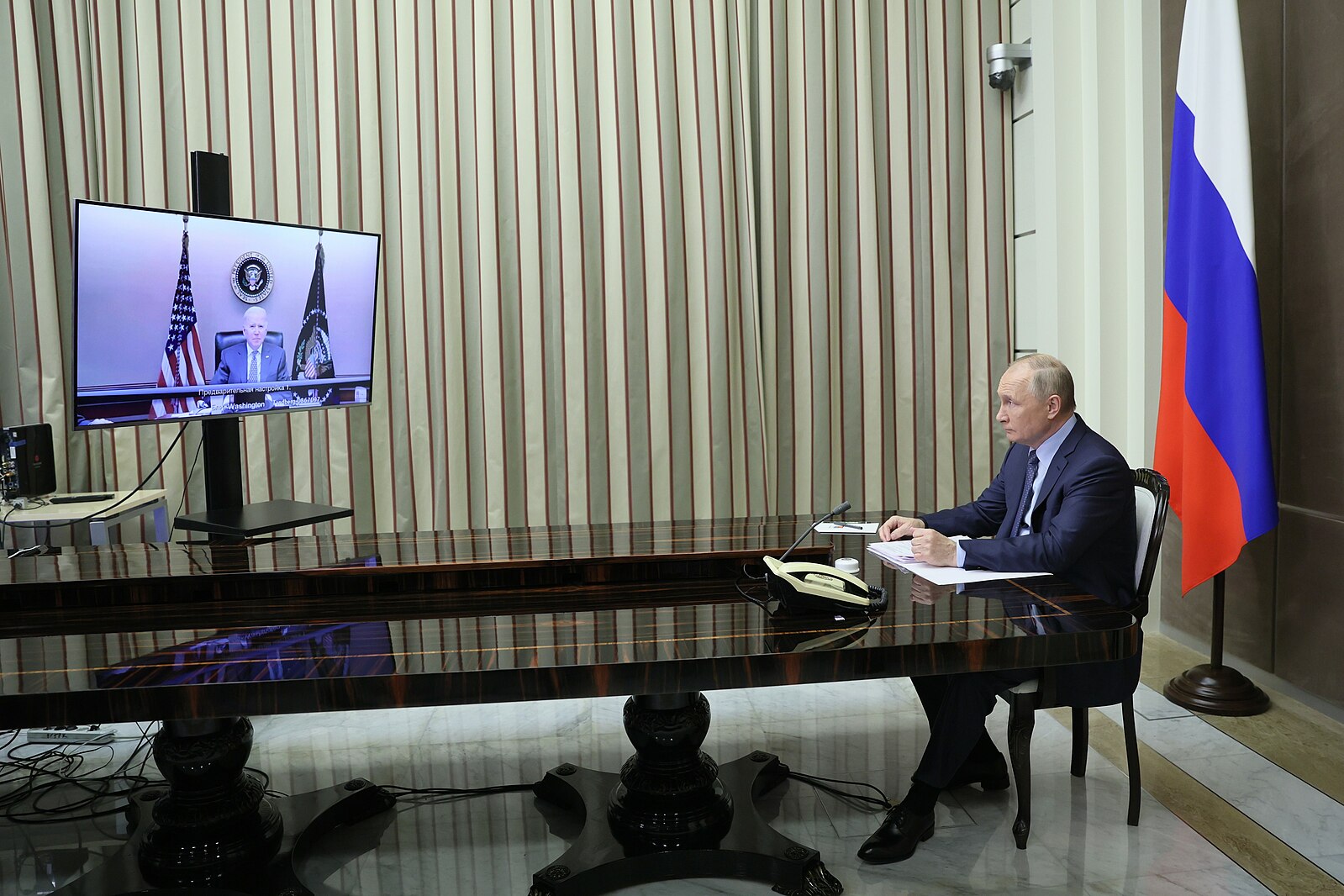
In what now reads like an encounter from a different era, Scott and Sobchak exchanged ideas on civic renewal, with Scott offering to connect Sobchak with British figures who appreciated St. Petersburg’s grandeur.
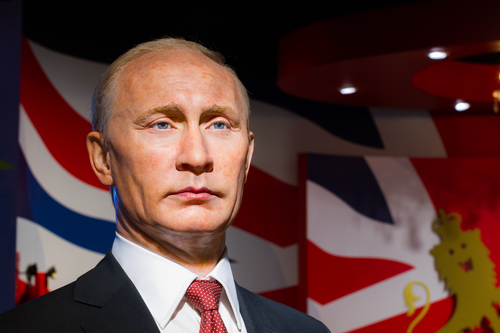
Putin, serving as Sobchak’s International Relations Adviser, remained a quiet presence, his German the only language he shared with Scott.
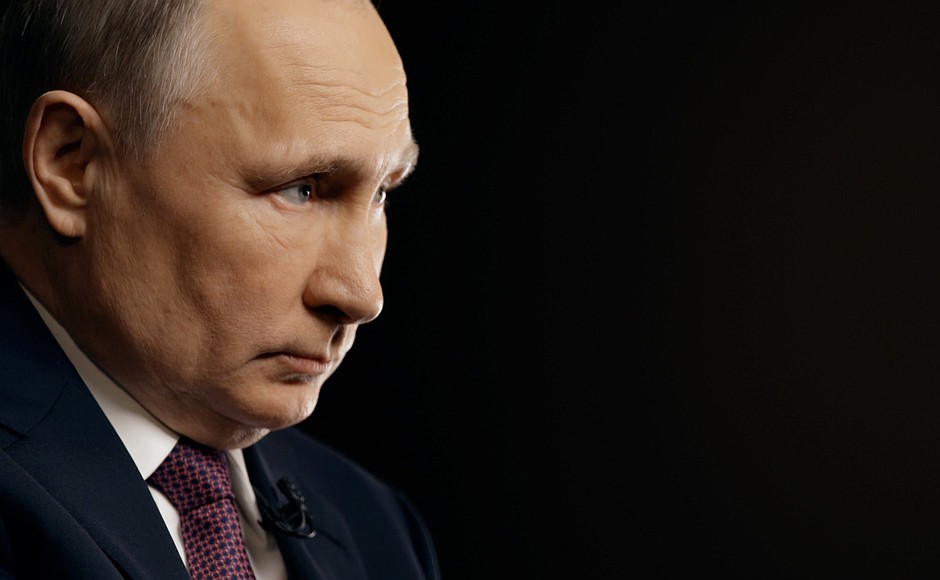
It was through these engagements that Scott found himself involved in the complex political landscape of post-Soviet Russia.

Fast forward nearly a decade, and the “little one in the ghastly crimplene suit” had ascended to Russia’s presidency. Putin’s journey from the KGB to the highest echelons of power was unexpected, even to Scott, who was bewildered upon recognizing Putin on TV as Russia’s new leader.
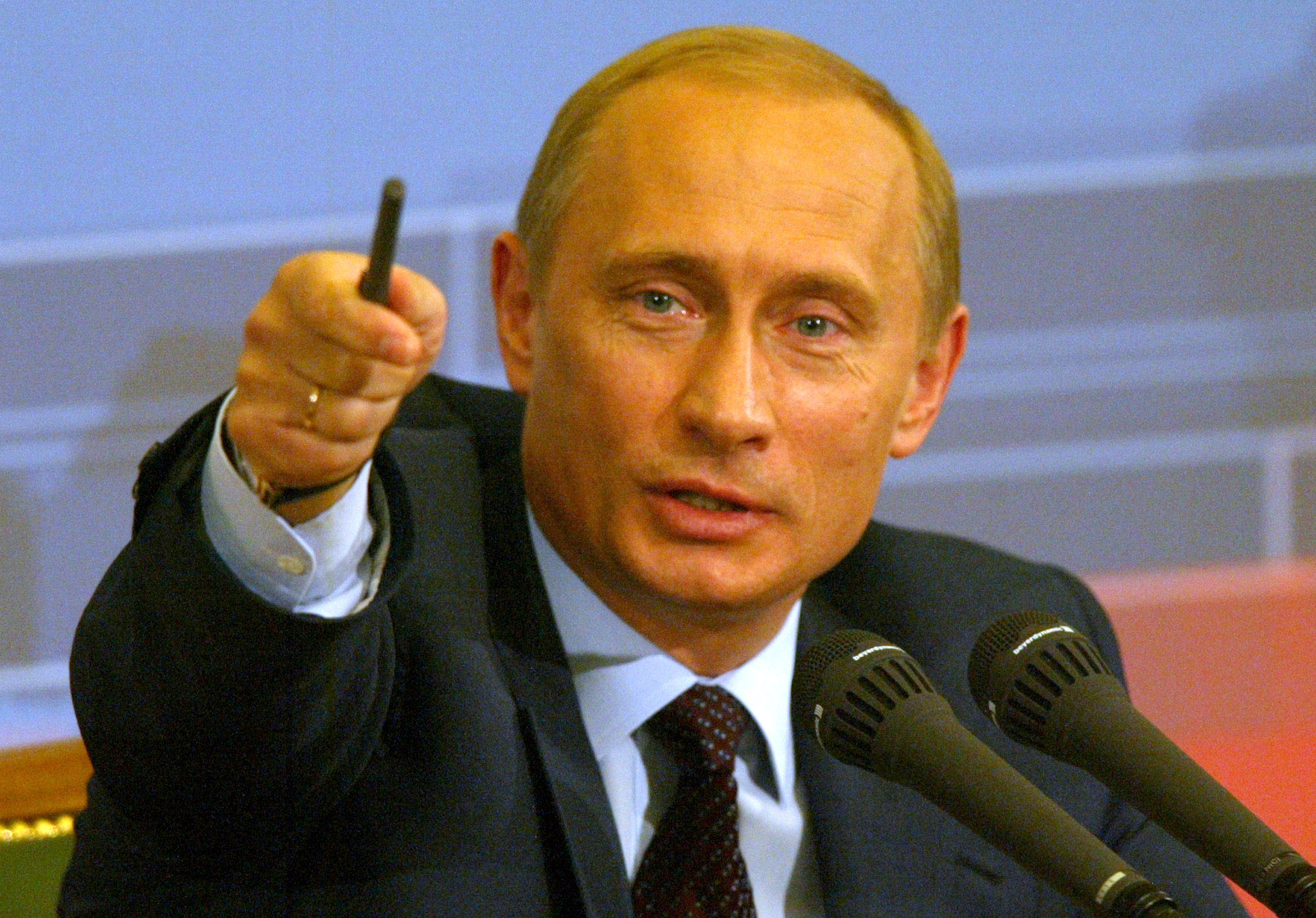
Despite the faded faxes and past connections, the Russia that emerged under Putin’s rule would become almost unrecognizable from the one that reached out to Manchester for help and friendship.
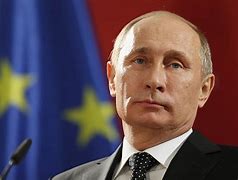
In the years that followed, Putin’s grip on Russia tightened.
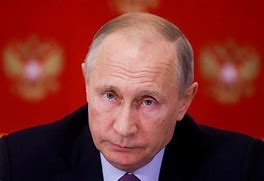
He repressed opposition, silenced dissent, and flexed Russia’s military might, most notably in the invasion of Ukraine in February 2022, which unleashed the largest conflict Europe had seen since the Second World War.
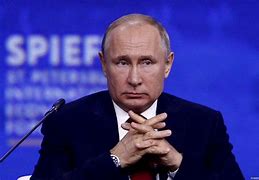
Putin’s rule, often criticized for its authoritarian nature, continues to shape the geopolitical landscape, with international leaders like Boris Johnson and Justin Trudeau seen mocking his well-known macho image during the G7 summit.
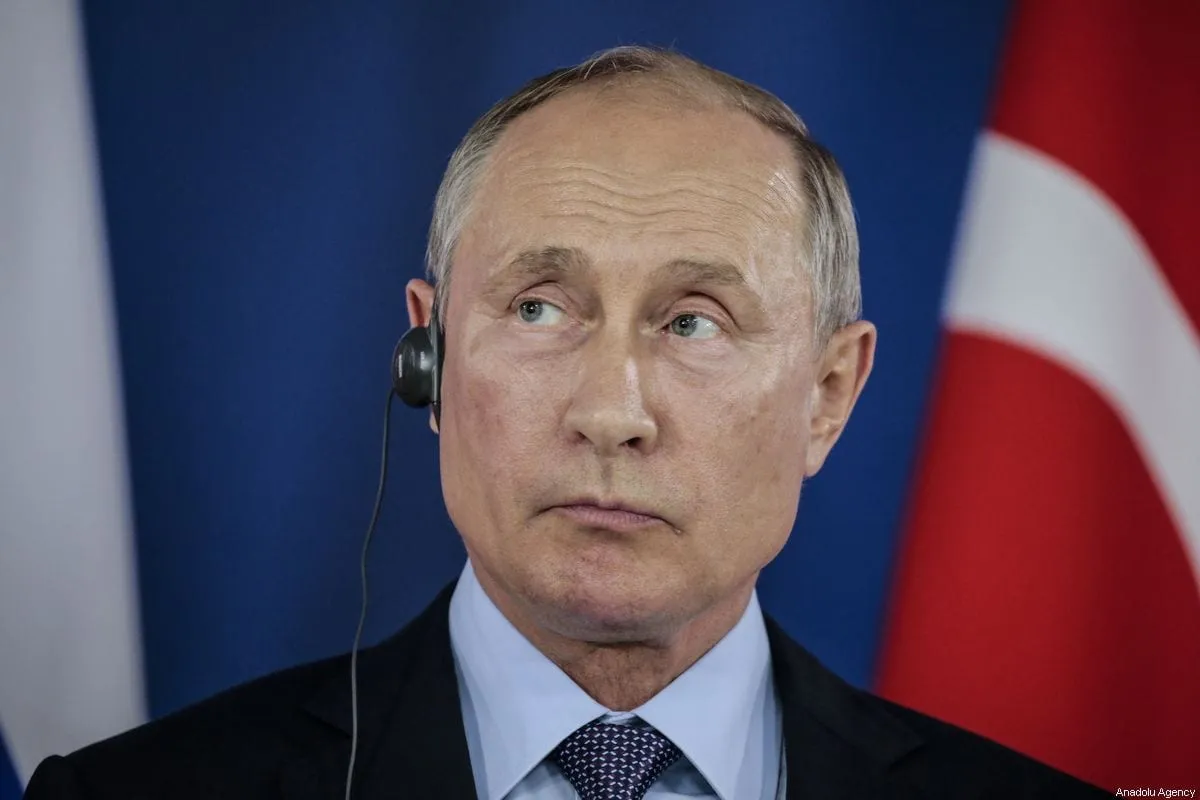
Johnson, with jest, suggested that the G7 leaders needed to show their toughness, a clear jibe at Putin’s bravado.

Putin’s lunch in Manchester was a moment that now feels like a footnote in a long and complex history. It serves as a reminder of the unpredictable trajectory of international relations, where today’s guest in a city hall can become tomorrow’s autocrat.
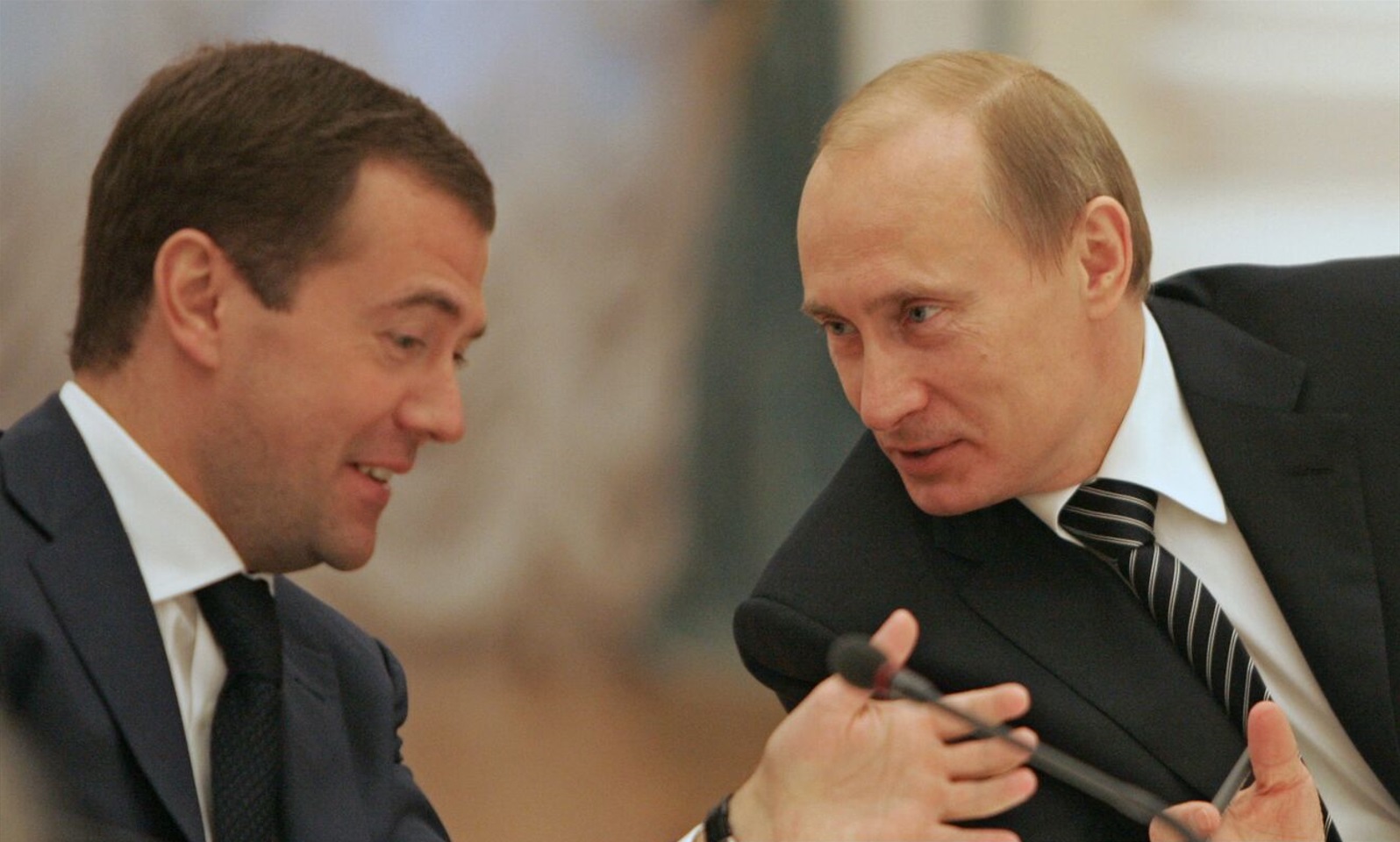
The once nascent partnership between Manchester and St. Petersburg, symbolic of a hopeful post-Soviet future, is now a distant memory, overshadowed by the hardline policies and military aggression that have come to define Putin’s Russia.

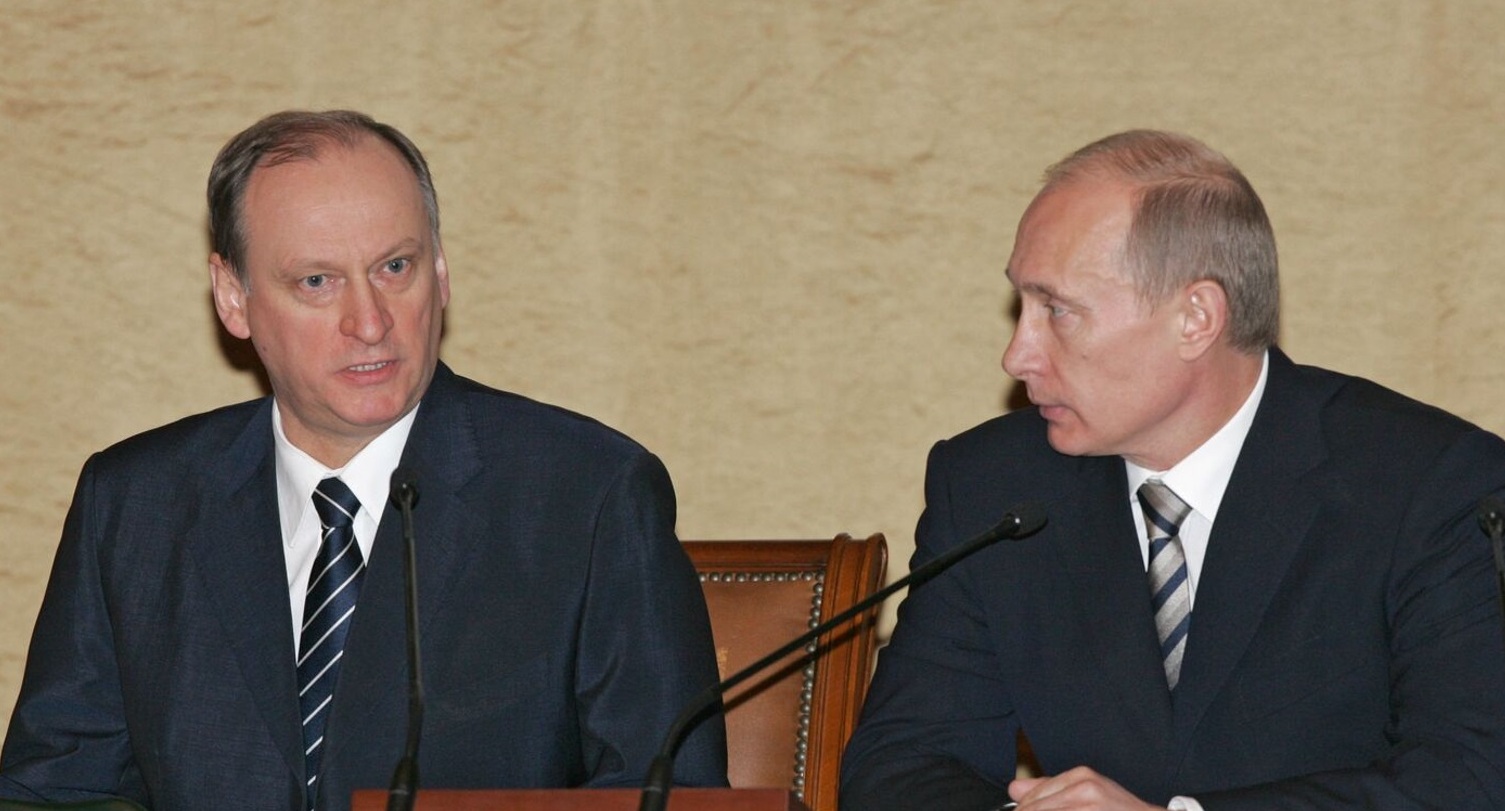
Relevant articles:
– When Putin came to Manchester for lunch, The Mill | Substack
– What Does Vladimir Putin Eat?, Food Perestroika
– G7 leaders mock Vladimir Putin at lunch, Daily Mail Online
– Vladimir Putin: From Russia’s KGB to a long presidency defined by war in Ukraine, BBC
